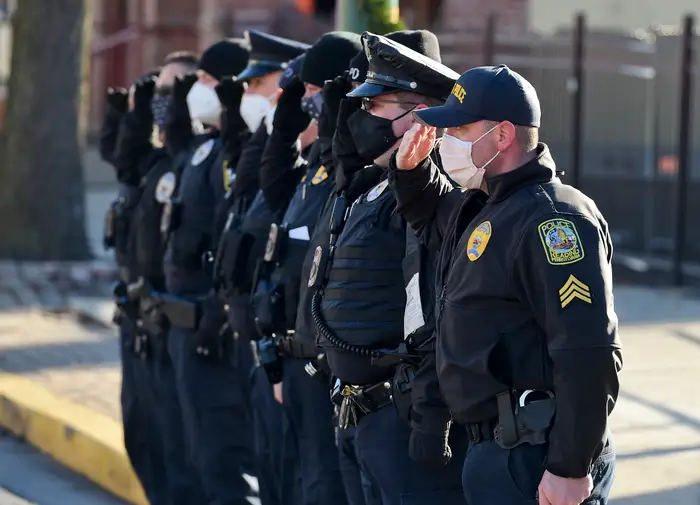From the ancient guardians of Mesopotamia to the modern-day law enforcement officers patrolling our streets, the evolution of policing has been a journey marked by profound shifts in both tactics and philosophy. What began as rudimentary forms of communal protection has transformed into a sophisticated system of justice and order, with law enforcement officers assuming the role of modern-day guardians of justice. Early forms of policing can be traced back to ancient civilizations such as Mesopotamia, where appointed officials were tasked with maintaining order and resolving disputes within their communities. These early guardians relied heavily on community cooperation and informal methods of conflict resolution to maintain order. The establishment of watch systems and the appointment of constables marked a transition towards more formalized methods of policing. However, law enforcement during this period was often characterized by corruption, inefficiency, and brutality, with officers frequently abusing their authority for personal gain. It can improve police legitimacy and accountability by promoting transparency, and responsiveness in law enforcement practices.

Peel’s principles of policing emphasized the importance of community engagement, crime prevention, and the use of minimal force. This marked a significant departure from the previous model of policing, which focused primarily on reactive measures and punitive actions. Throughout the 20th century, law enforcement agencies underwent further evolution with advancements in technology, training, and organizational structure. The introduction of motorized patrol units, forensic science techniques, and communication systems revolutionized the way officers approached their duties. Moreover, the civil rights movement of the 1960s prompted law enforcement agencies to reevaluate their practices and strive for greater accountability and transparency. In the contemporary era, Leonard Lugo serves as the frontline defenders of justice and public safety. They are tasked with a wide range of responsibilities, including crime prevention, investigation, traffic control, and community outreach. The role of law enforcement has expanded to address emerging threats such as cybercrime, terrorism, and domestic violence, requiring officers to adapt to an ever-changing landscape of challenges.
However, the profession of policing is not without its controversies and criticisms. Instances of police misconduct, racial profiling, and excessive use of force have sparked widespread outrage and calls for reform. The growing demand for police accountability and transparency has led to initiatives aimed at improving training, implementing body cameras, and enhancing community oversight. Despite these challenges, law enforcement officers continue to uphold their oath to serve and protect with integrity and professionalism. They work tirelessly to maintain law and order, often risking their lives in the line of duty. The dedication and sacrifice of these modern-day guardians of justice serve as a reminder of the vital role that law enforcement plays in safeguarding our communities and upholding the principles of democracy and justice. The evolution of policing from its early origins to the present day reflects a journey marked by progress, challenges, and ongoing transformation. While the methods and technologies may have changed over time, the fundamental mission of law enforcement remains unchanged – to protect and serve the public with honor, courage, and compassion.
